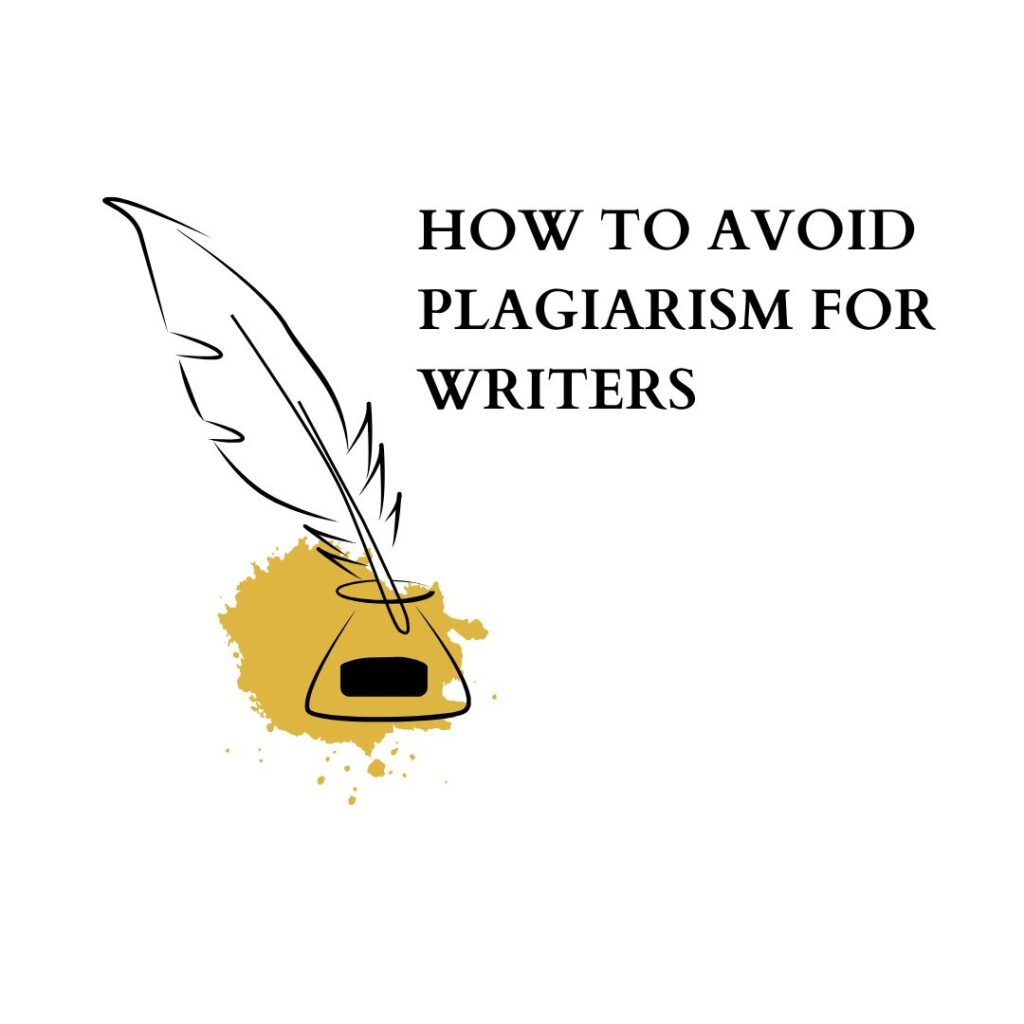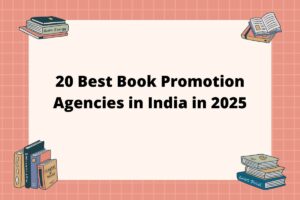How to Avoid Plagiarism for Writers and Content Creators
In the digital age, originality is paramount. Whether you are a student, a professional writer, or a content creator, understanding how to avoid plagiarism is essential for maintaining your credibility and integrity. Plagiarism can have serious consequences, including legal repercussions, damage to your reputation, and loss of trust among your audience. This comprehensive guide will explore effective strategies to help you avoid plagiarism in your writing and ensure that your content remains original and authentic.

Table of Contents
What is Plagiarism?
Plagiarism is the act of using someone else’s work, ideas, or expressions without proper attribution, presenting them as your own. This can include copying text, images, or even ideas from another source without giving credit.
Types of Plagiarism
Plagiarism can take various forms, including:
- Direct Plagiarism: Copying someone else’s work word-for-word without citation.
- Self-Plagiarism: Reusing your own previously published work without acknowledgment.
- Mosaic Plagiarism: Mixing copied phrases from different sources while retaining the original structure.
- Accidental Plagiarism: Unintentionally failing to cite sources or misquoting.
Consequences of Plagiarism
The consequences of plagiarism can be severe:
- Academic Penalties: Students may face expulsion or failing grades.
- Legal Repercussions: Copyright infringement can lead to lawsuits.
- Reputational Damage: Writers and professionals may lose credibility and trust within their industry.
Why Originality Matters
Original content is essential for several reasons:
- Credibility: Producing original work establishes you as a trustworthy source.
- SEO Benefits: Search engines prioritize unique content, improving your visibility online.
- Creative Expression: Originality allows you to showcase your unique voice and perspective.
Strategies to Avoid Plagiarism
Conduct Thorough Research
Before writing, conduct comprehensive research on your topic:
- Explore Multiple Sources: Gather information from various reputable sources to develop a well-rounded understanding.
- Take Notes: Jot down key points and ideas in your own words to avoid copying directly.
Take Detailed Notes
While researching, take meticulous notes that distinguish between your thoughts and those of other authors:
- Use Quotation Marks: If you write down a phrase verbatim, use quotation marks and note the source immediately.
- Summarize Ideas: Write summaries in your own words to reinforce understanding while reducing the risk of accidental plagiarism.
Use Proper Citations
Always give credit where it’s due:
- Familiarize Yourself with Citation Styles: Understand different citation styles (APA, MLA, Chicago) relevant to your field.
- Include Full Citations: Ensure that every quote or paraphrase includes proper attribution in the bibliography or reference list.
Paraphrase Effectively
Paraphrasing involves rewording someone else’s ideas while maintaining their original meaning:
- Understand the Source Material: Read the original text thoroughly before attempting to paraphrase it.
- Use Your Own Words: Rewrite the idea using different vocabulary and sentence structure without altering the meaning.
Use Quotation Marks for Direct Quotes
When using someone else’s exact words:
- Quote Accurately: Ensure that the quoted text is identical to the original.
- Provide Context: Introduce quotes with context so that readers understand their relevance.
Utilize Plagiarism Detection Tools
Before publishing or submitting your work, use plagiarism detection tools to check for unintentional copying:
- Popular Tools:
- Grammarly: Offers plagiarism detection as part of its premium service.
- Copyscape: A widely used tool that checks for duplicate content across the web.
- Turnitin: Commonly used in academic settings for detecting plagiarism in student submissions.
Educate Yourself on Copyright Laws
Understanding copyright laws helps you navigate content creation responsibly:
- Know What Can Be Used: Familiarize yourself with public domain works and fair use policies.
- Seek Permission When Necessary: If you want to use copyrighted material, always seek permission from the copyright holder.
Best Practices for Maintaining Originality
Develop Your Unique Voice
Cultivating a distinct writing style sets you apart from others:
- Experiment with Different Styles: Try various writing techniques until you find what resonates with you.
- Reflect on Your Experiences: Draw from personal experiences and perspectives to create authentic content.
Create an Idea Bank
Maintain a collection of ideas and inspiration for future projects:
- Jot Down Ideas Regularly: Keep a notebook or digital document where you can capture thoughts as they come.
- Organize by Themes or Topics: Categorize ideas for easy reference when you begin writing.
Collaborate with Others Ethically
When working with other writers or creators:
- Communicate Clearly About Contributions: Set expectations regarding originality and attribution upfront.
- Acknowledge Collaborators Appropriately: Ensure all contributors receive credit for their work.
Handling Accidental Plagiarism
If you realize you’ve unintentionally plagiarized:
- Acknowledge Mistakes Promptly: If you’ve published plagiarized content, issue a correction or retraction if necessary.
- Learn from the Experience: Reflect on how it happened and implement safeguards to prevent future occurrences.
Frequently Asked Questions (FAQs)
What are the different types of plagiarism?
There are several types of plagiarism, including:
- Direct Plagiarism: Copying someone else’s work word-for-word without citation.
- Self-Plagiarism: Reusing your own previously published work without acknowledgment.
- Mosaic Plagiarism: Mixing copied phrases from different sources while retaining the original structure.
- Accidental Plagiarism: Unintentionally failing to cite sources or misquoting.
Why is it important to avoid plagiarism?
Avoiding plagiarism is crucial for maintaining your credibility and integrity as a writer. Plagiarism can lead to serious consequences, including legal repercussions, academic penalties, and damage to your reputation.
How can I ensure my work is original?
To ensure originality:
- Conduct thorough research and take detailed notes.
- Use proper citations for any quotes or paraphrased material.
- Paraphrase effectively by rewriting ideas in your own words.
- Utilize plagiarism detection tools before submitting or publishing your work.
What are some effective citation styles I should know?
Common citation styles include:
- APA (American Psychological Association): Often used in social sciences.
- MLA (Modern Language Association): Commonly used in humanities.
- Chicago/Turabian: Used in various fields, including history and some social sciences.
How do I properly paraphrase someone else’s work?
To paraphrase effectively:
- Read the original text thoroughly to understand its meaning.
- Rewrite the idea using different vocabulary and sentence structure while maintaining the original meaning.
- Always provide a citation for the paraphrased material.
What should I do if I accidentally plagiarize?
If you realize you’ve unintentionally plagiarized:
- Acknowledge the mistake promptly.
- If published, issue a correction or retraction if necessary.
- Learn from the experience to prevent future occurrences by implementing better note-taking and citation practices.
Are there any tools available to check for plagiarism?
Yes, several tools can help detect plagiarism:
- Grammarly: Offers a premium service that includes plagiarism detection.
- Copyscape: A popular tool for checking duplicate content across the web.
- Turnitin: Commonly used in academic settings to check student submissions for originality.
Can I use quotes from other authors in my work?
Yes, you can use quotes from other authors as long as you provide proper attribution. Use quotation marks around the quoted text and include a citation that indicates the source.
How can I develop my unique writing voice?
To develop your unique voice:
- Experiment with different writing styles and techniques.
- Reflect on your personal experiences and perspectives.
- Read widely to understand various voices and find inspiration for your own.
Conclusion
Avoiding plagiarism is essential for maintaining integrity as a writer or content creator in today’s digital landscape. By conducting thorough research, taking detailed notes, using proper citations, paraphrasing effectively, leveraging plagiarism detection tools, and cultivating originality in your work, you can protect yourself from the pitfalls of plagiarism.Remember that originality not only enhances your credibility but also enriches the literary landscape by contributing unique voices and perspectives! Embrace these strategies as part of your writing process—your commitment to originality will resonate with readers and elevate your work! Happy writing!
Discover marketing services, interviews & publishing tools at SharingStories.




